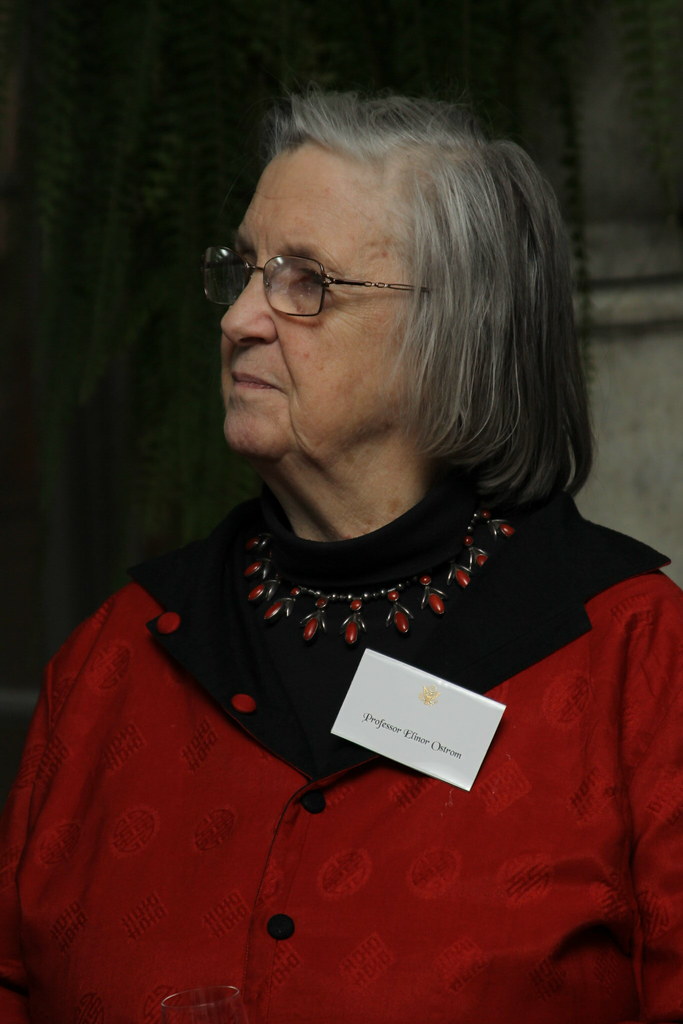Amazons, Witches and Critics - A Liberated Novelists Asks “Now What?”; Expanding the Concept of Accessible Technology
Upcoming Events / Digital Media July 19th, 2012 |
Remember to load images if you have trouble seeing parts of this email. Or click here to view the web version of this newsletter. Below you will find upcoming Berkman Center events, interesting digital media we have produced, and other events of note. The Berkman Center is hiring! We are now accepting applications for a number of technically-inclined leadership positions. berkman luncheon series Amazons, Witches and Critics - A Liberated Novelists Asks “Now What?”Tuesday, July 31 , 12:30pm ET, Berkman Center for Internet & Society, 23 Everett St, Cambridge, MA. This event will be webcast live.  How does an author find readers? In the olden days, a writer hoped to catch the eye of an aristocratic patron who might supply a well-placed word of endorsement. The Gutenberg press wrested authors free from this feudal condition, but this innovation only transferred writers' indenture to publishers, who by owning the means of [re]production, acquired the final say regarding what volumes would and would not appear on store shelves. This condition largely survives to this day, and depending on how well you think they do the gatekeeping work, we might celebrate publishers as Stewards of Culture, or we may lament the state of a Literature Held Hostage.Now digital media and the Internet propose to devolve the means of [re]production upon authors themselves. Any would-be novelist can flog his work in a digital format over Amazon KDP, Smashwords, and other open outlets for textual works. video/audio Rosemarie Garland-Thomson on Expanding the Concept of Accessible Technology Rosemarie Garland-Thomson, Professor of Women's Studies and English at Emory University and fellow at the Radcliffe Institute for Advanced Study at Harvard University, shares her work on developing the field of disability studies in the humanities and women’s and gender studies. She expands the idea of accessible technology to show how the way we make our shared world of buildings, technologies, public spaces, practices, laws, and attitudes builds a total environment which welcomes some people and keeps other people out. She also presents the evolution of how accessible technologies in the broadest sense make our citizenry more inclusive and diverse. video/audio on our website> video/audio Remembering Elinor Ostrom Nobel Laureate and Economist Elinor Ostrom passed away last month at the age of 78. Best recognized for her research into the management of common pool resources, Ostrom broke new ground with her findings that Commons were not inherently tragic, as previous generations of economists believed. In fact, Ostrom found examples of communities that could effectively manage limited resources, like agricultural land or open space, to prevent resource depletion. Her work paved the way for researchers studying internet communities to explore how norms are established and cooperation is achieved. Berkman researchers and affiliates Benjamin Mako Hill, Judith Donath, Mayo Fuster Morell, and Oliver Goodenough discuss how Ostrom’s work impacted their lives. video/audio on our website> video/audio Interoperability: The Art and Science of Working Together If you've ever experienced the problem of a dead cell phone battery and only incompatible chargers within reach, you've experienced one of the minor frustrations of a non-interoperable system. This frustration, not to mention the environmental waste of having dozens of different charger types for the same class of device, has led some countries to institute regulations for cell phone manufacturers to use a single common standard. Such a structure is an example of an Interoperable System. Interoperable systems can range anywhere from relatively minor markets like mobile phone chargers, to massive infrastructures like smart energy grids or air traffic systems. John Palfrey and Urs Gasser, authors of the newly released "Interop: The Promise and Perils of Highly Interconnected Systems." spoke with Berkman Radio’s David Weinberger about how Interoperability works, and how interoperable systems can lead to greater innovation, greater efficiency, and better functioning societies. video/audio on our website> |
Other Events of NoteEvents that may be of interest to the Berkman community:
|
You are receiving this email because you subscribed to the Berkman Center's Weekly Events Newsletter. Sign up to receive this newsletter if this email was forwarded to you. To manage your subscription preferences, please click here. Connect & get involved: Jobs, internships, and more See our events calendar if you're curious about future luncheons, discussions, lectures, and conferences not listed in this email. Our events are free and open to the public, unless otherwise noted. |
The Berkman Center for Internet & Society at Harvard University was founded to explore cyberspace, share in its study, and help pioneer its development. For more information, visit http://cyber.harvard.edu.  |